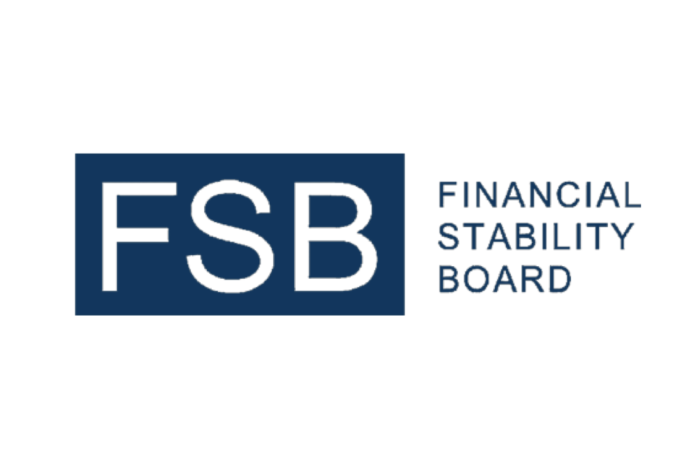
Turkey Proposes Comprehensive Crypto Asset Bill to Meet FATF Standards
Turkey has introduced a significant legislative proposal to regulate the rapidly growing cryptocurrency sector. This draft law, presented by President Tayyip Erdogan’s ruling party, aims to establish a robust regulatory framework for crypto asset service providers. The proposal seeks to align Turkey with international standards and address the concerns raised by the Financial Action Task Force (FATF), which had previously downgraded Turkey to its “grey list” due to inadequate oversight of various financial sectors.
The proposed legislation covers a wide range of activities within the crypto ecosystem. It includes licensing and registration requirements for cryptocurrency trading platforms and other related service providers. These entities will now be required to obtain licenses from Turkey’s Capital Markets Board (CMB), which will oversee their operations and ensure compliance with the new regulations.
Key Provisions of the Draft Law
The draft law comprehensively governs crypto asset service providers, platform operations, storage, and the buying, selling, and transfer of crypto assets by residents of Turkey. It introduces several key measures aimed at bolstering consumer protection, ensuring platform transparency, and enhancing compliance with financial regulations.
- Licensing and Regulation: All crypto asset service providers must be licensed and regulated by the CMB. This includes trading platforms, wallet providers, and other entities offering crypto-related services. The CMB will have the authority to establish regulatory procedures and secondary regulations for these providers, ensuring a high level of oversight and operational standards.
- Enhanced Oversight: The draft law increases the supervisory role of the CMB over crypto service providers. This enhanced oversight aims to protect consumer assets, ensure effective dispute resolution, and maintain the integrity of the crypto market in Turkey.
- Revenue Collection: The legislation mandates that the CMB and the Scientific and Technological Research Council of Turkey (TÜBİTAK) collect revenue from crypto service providers. Specifically, the CMB and TÜBİTAK will receive 1% of the revenues from these providers, which will be used to fund further regulatory and research activities.
- Ban on Foreign Crypto Brokers: To foster a locally regulated ecosystem, the draft law proposes a ban on foreign crypto brokers. This measure is intended to protect local investors and ensure that all market participants operate under the same regulatory framework.
- FATF Travel Rule Compliance: The bill incorporates the FATF Travel Rule, which requires virtual asset service providers (VASPs) to obtain and share accurate originator and beneficiary information with counterparties during transactions. This rule is crucial for preventing money laundering and ensuring transparency in crypto transactions.
Turkey’s move to introduce this comprehensive crypto asset bill comes after two years of legislative efforts aimed at regulating the sector and mitigating associated risks. The urgency of these regulations was highlighted by the collapse of several smaller trading platforms, which left thousands of investors without access to their funds. By implementing stringent licensing and operational standards, the government hopes to prevent similar incidents in the future.
If passed, the draft law is expected to significantly transform Turkey’s crypto landscape. It will bring much-needed clarity and stability to the market, encouraging both domestic and international investors to participate in Turkey’s crypto economy. The legislation will also place Turkey in a better position to be removed from the FATF grey list, improving its standing in the global financial community.





